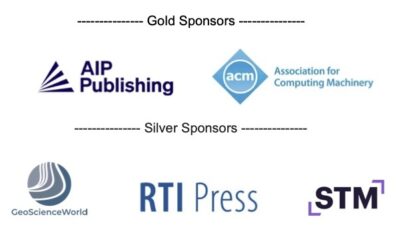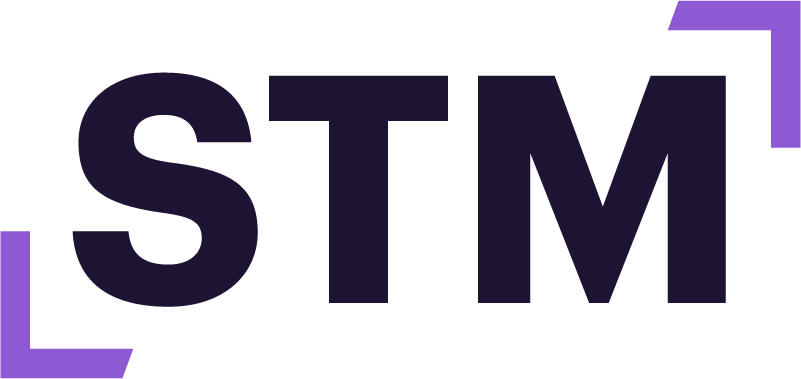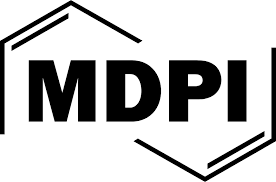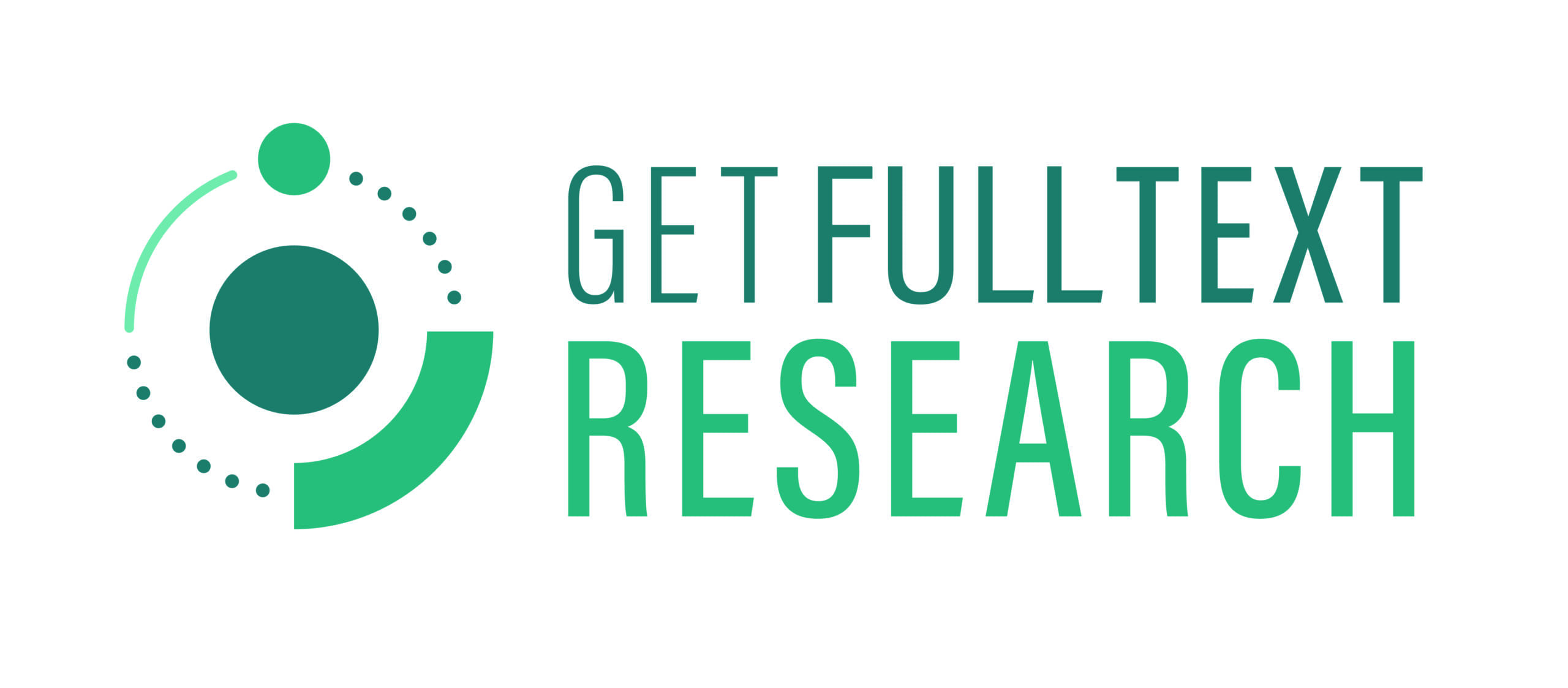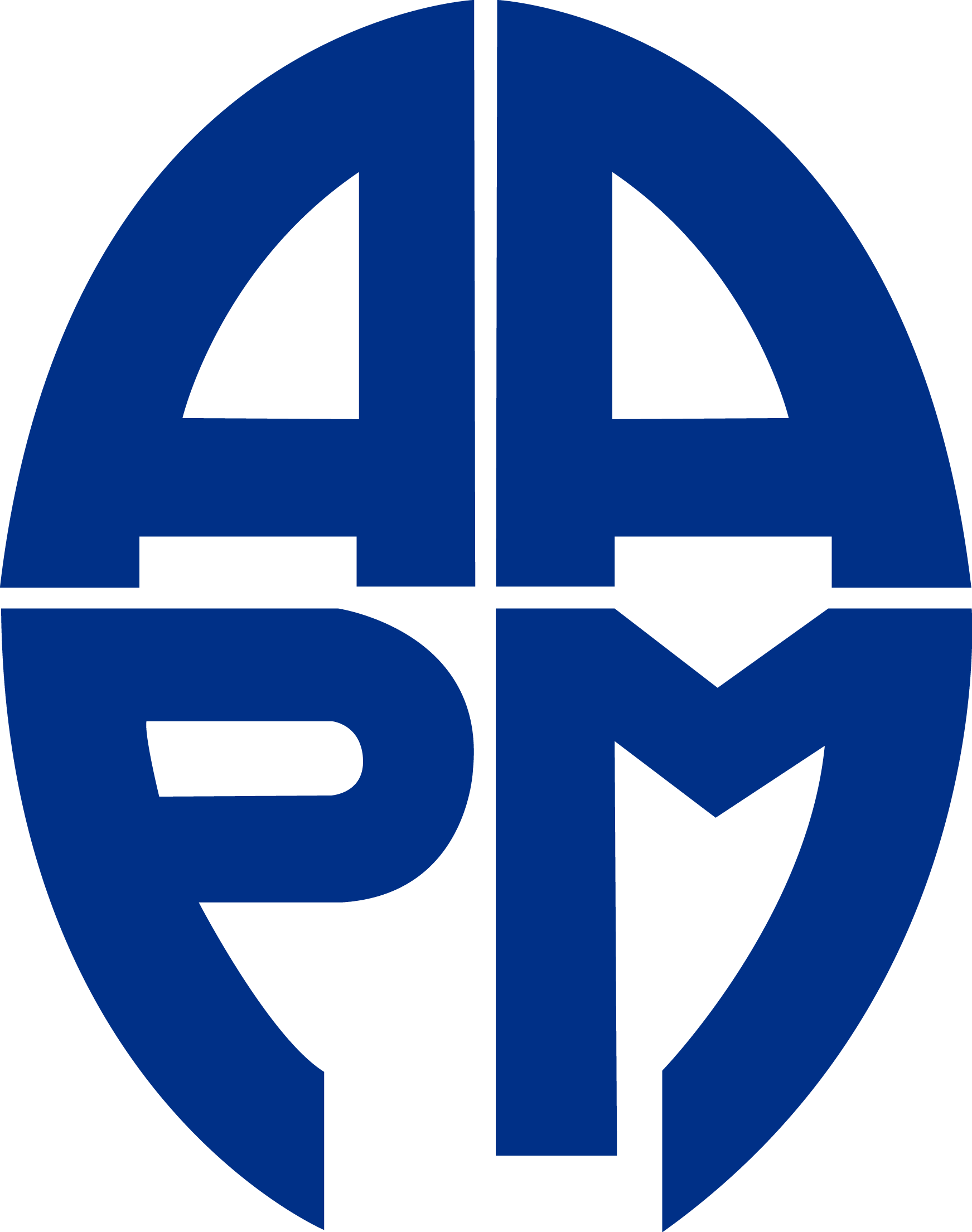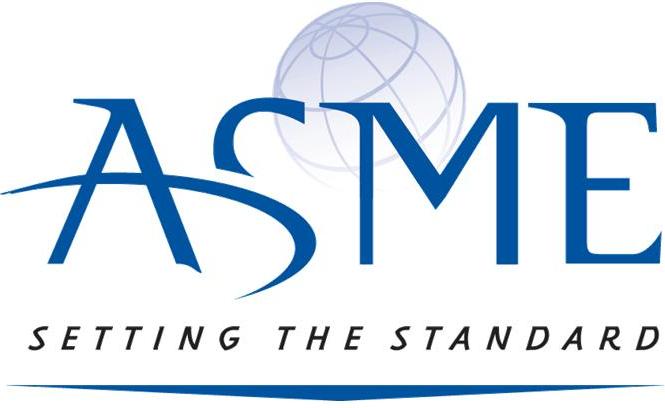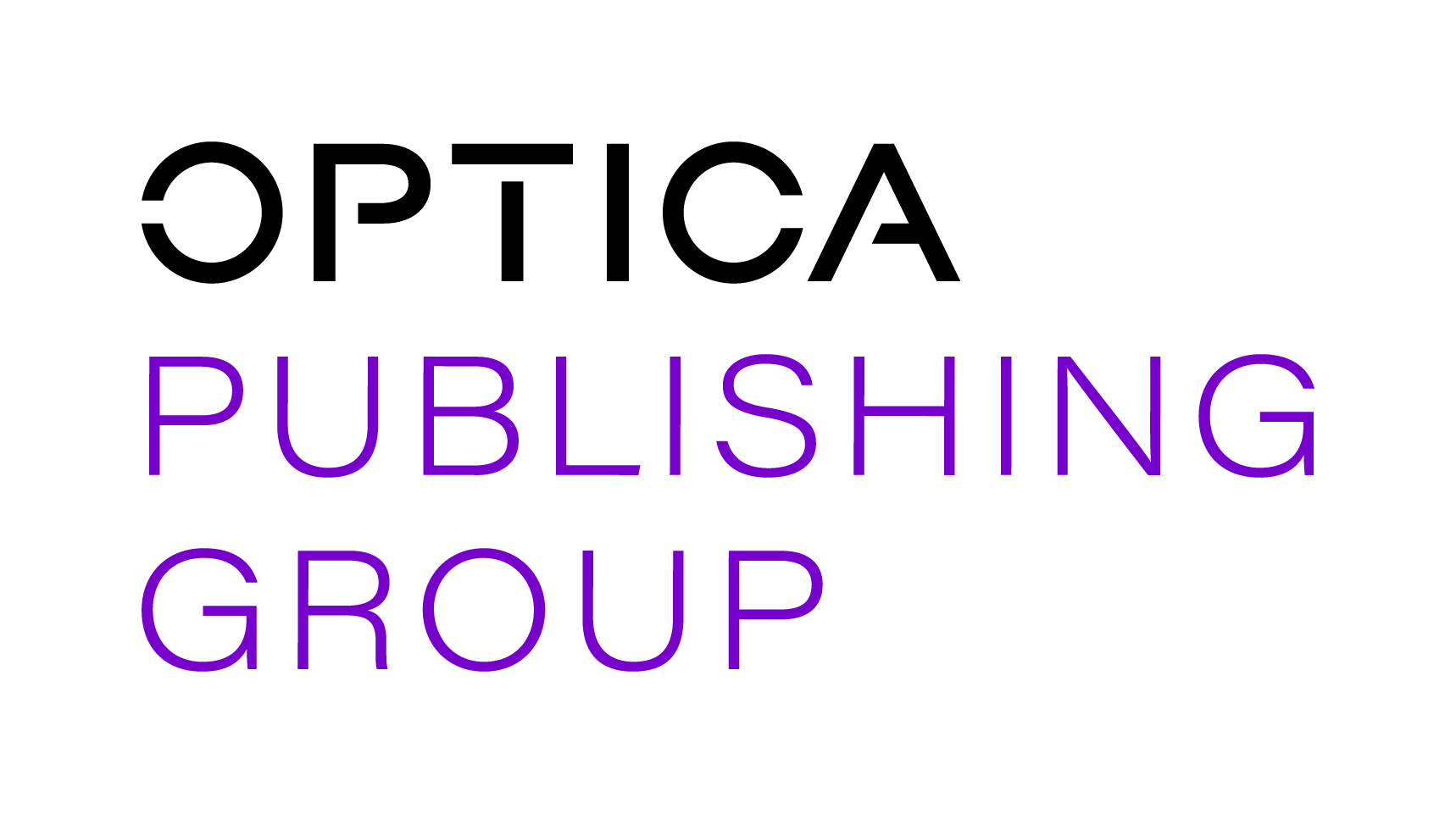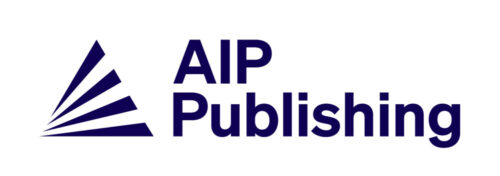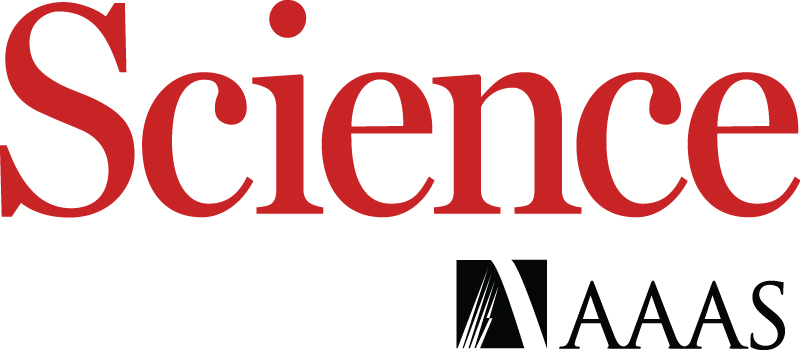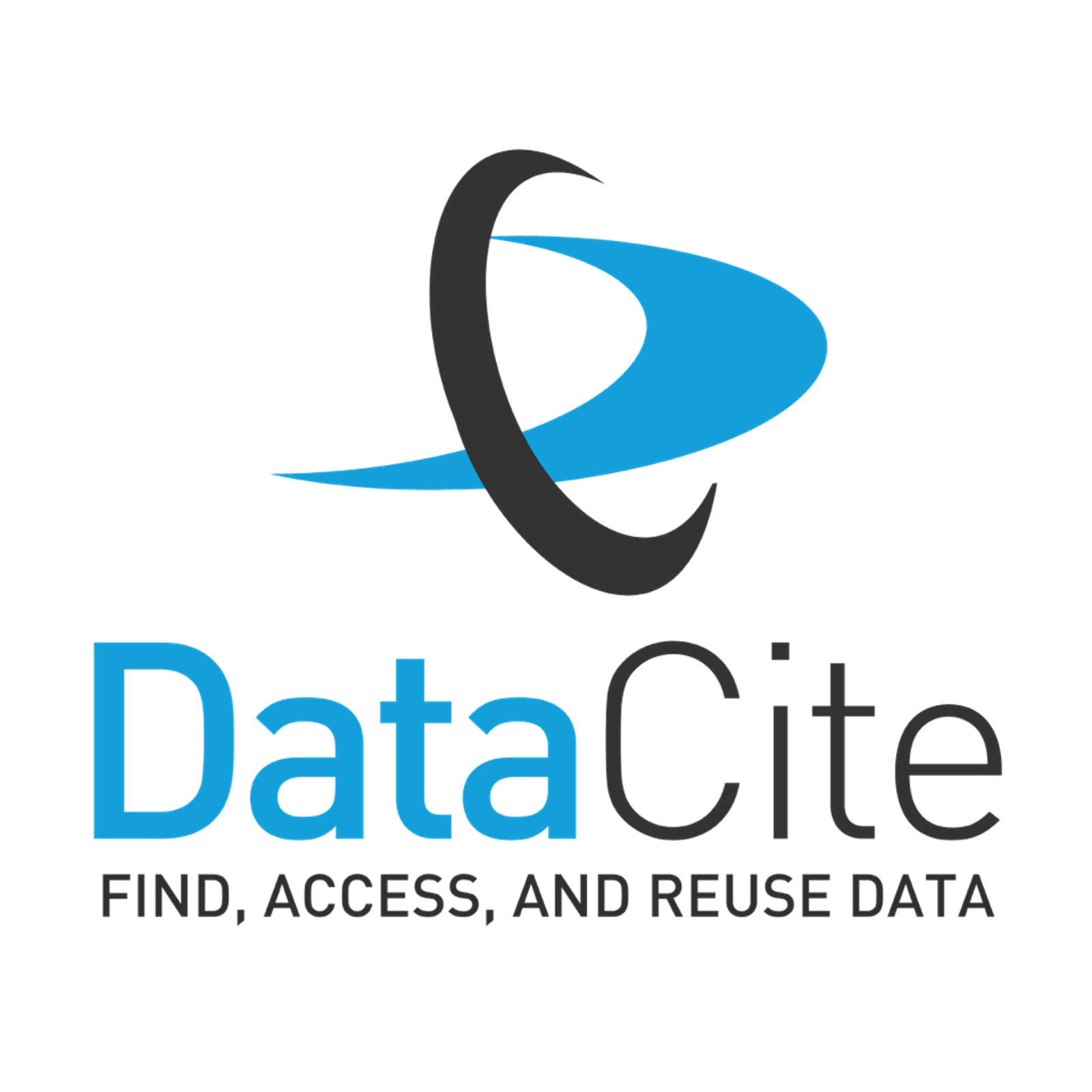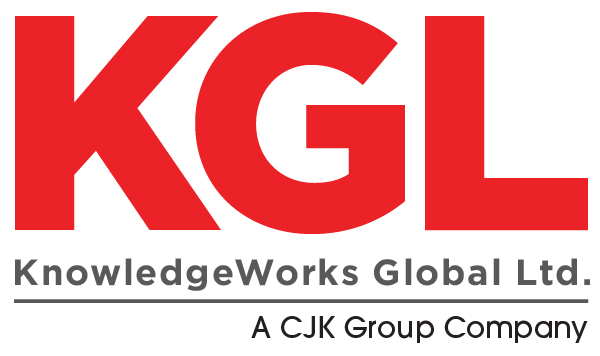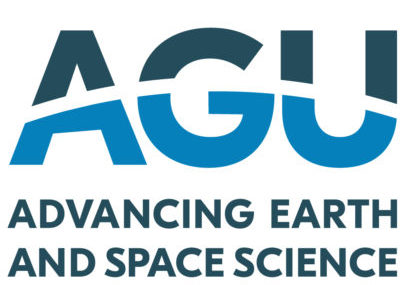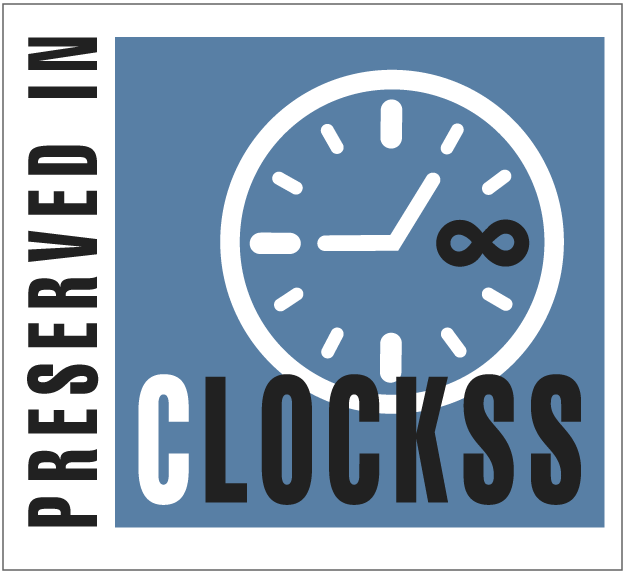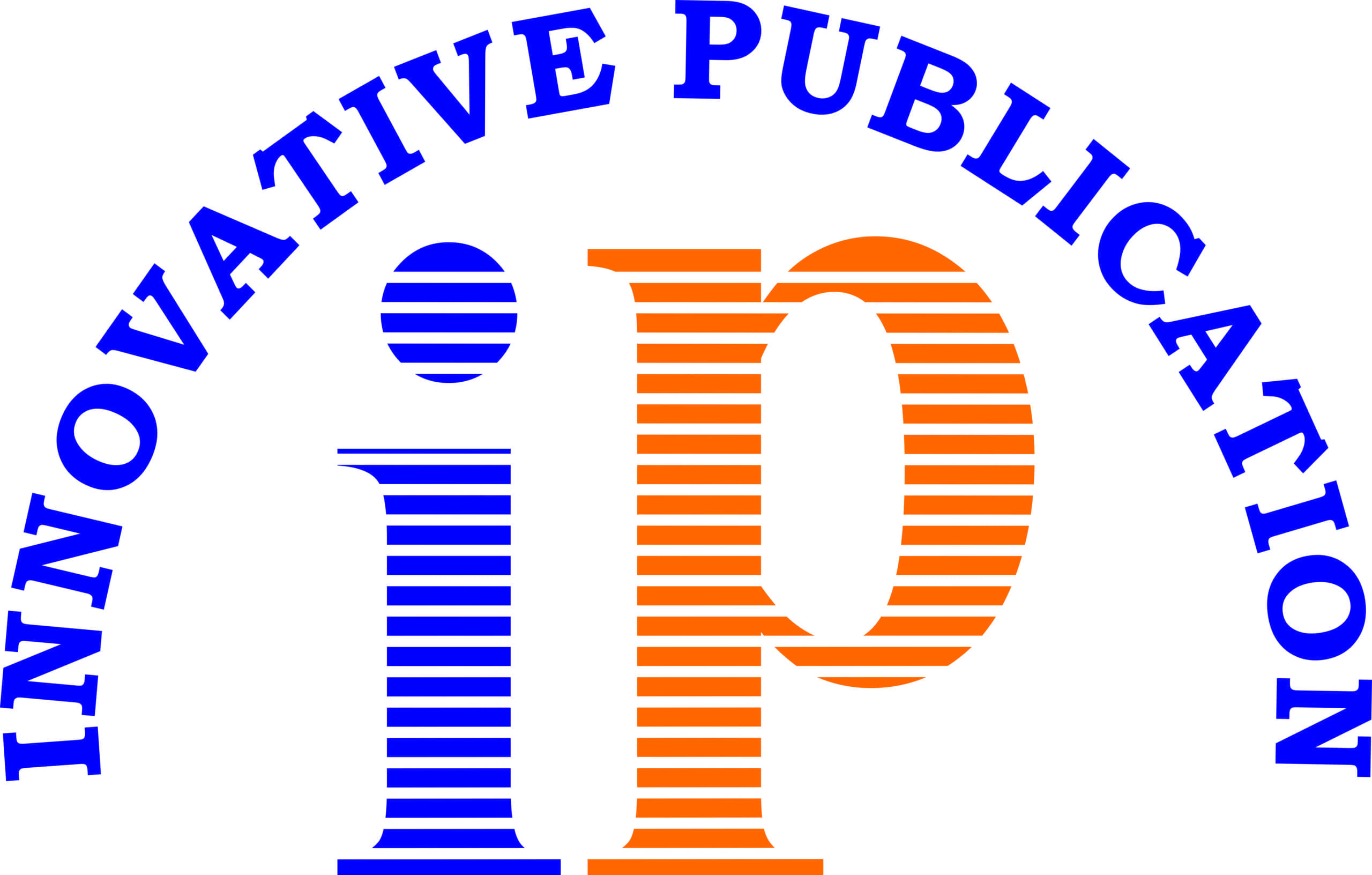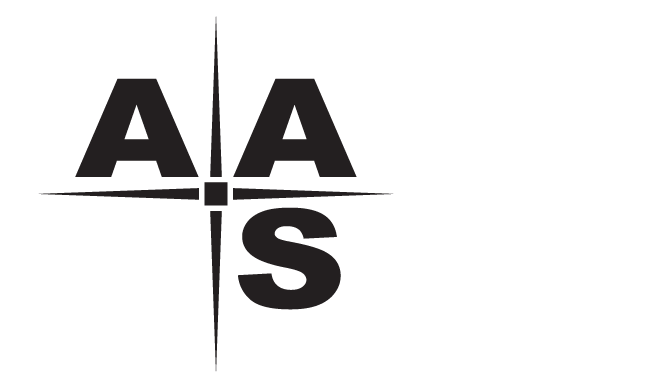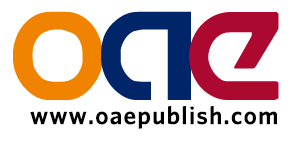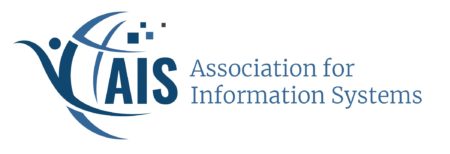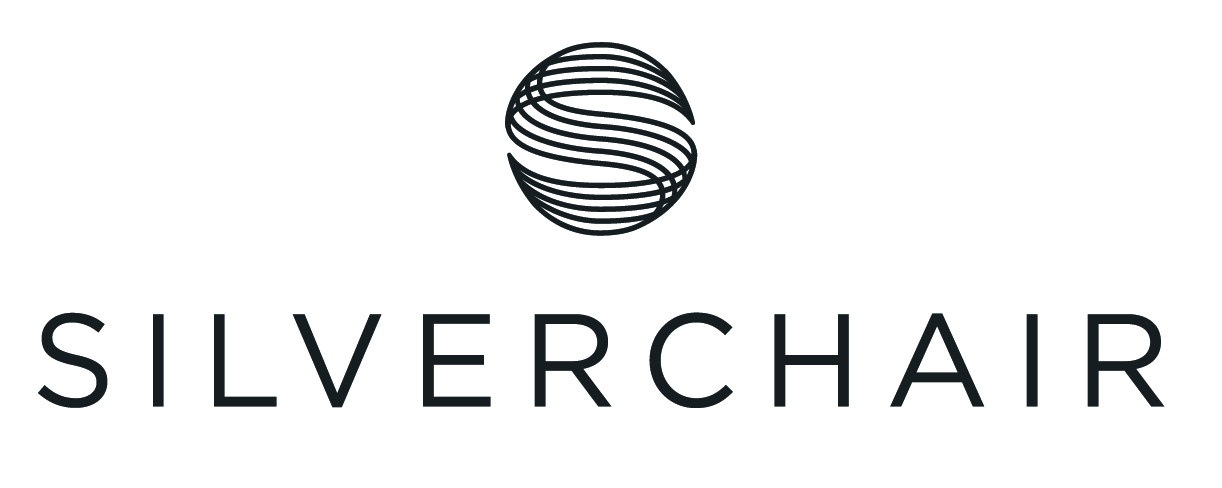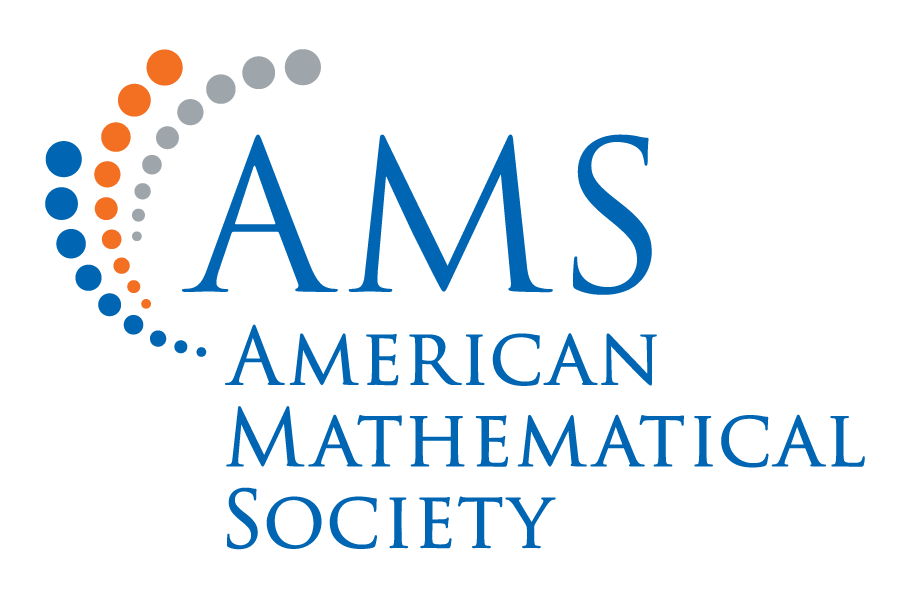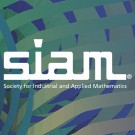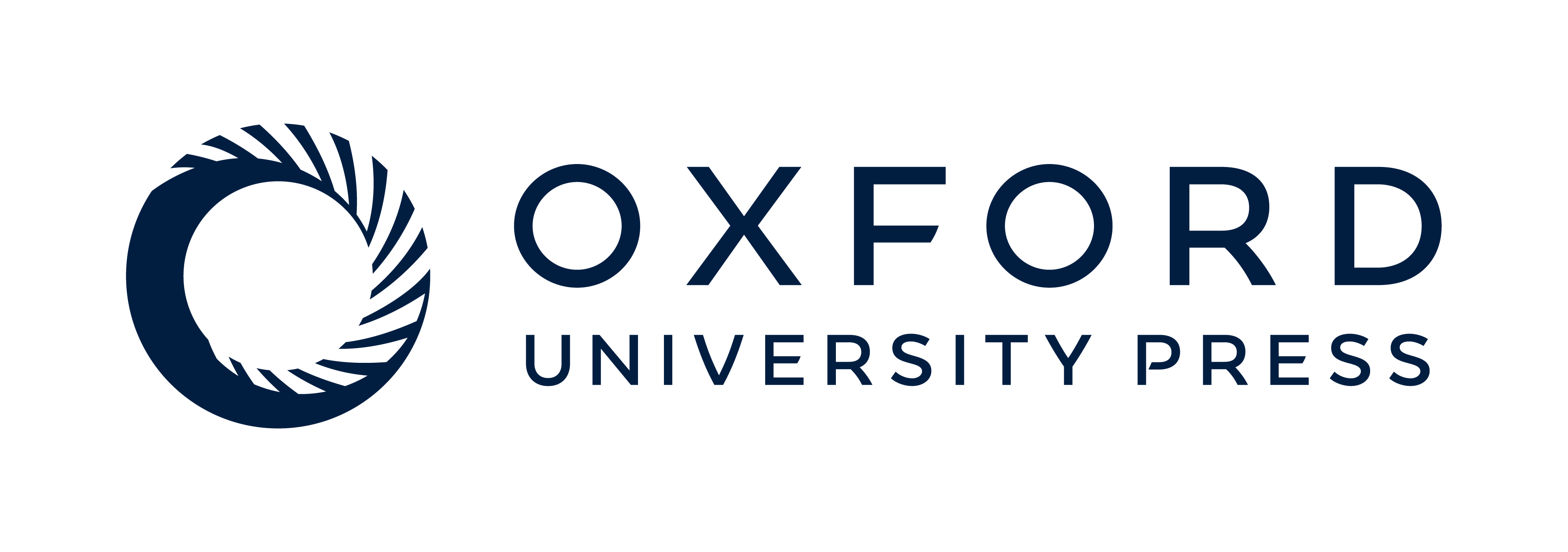At last month’s CHORUS Forum on Navigating the Future of Persistent Identifiers (PIDs) in Scholarly Publishing speakers presentations covered a lot of ground regarding benefits and challenges with PIDs but what stood out were:
Burdens: Researchers spending too much time on admin tasks and difficulties conducting analysis
Benefits: Ability to track metrics and make reliable connections
Everyone touched on the importance of assigning PIDs to provide an optimized PID cycle so an open, efficient, trackable, and persistent workflow can be accomplished.
Alice Meadows (moderator) from MoreBrains referenced feedback from registrants gathered through a pre-forum poll, which asked about the benefits and barriers their organizations face when using PIDs. Research and tracking stood out as benefits but the lack of social interoperability (trying to get people to change and accept change) was identified as a challenge.
Alice also shared what she views as research workflow challenges and what PIDs can do if implemented widely:
- reduce researcher administrative tasks by allowing data to be entered once and reused across multiple systems, freeing up more time for actual research while also improving accuracy
- support research analysis by storing and maintaining the data used for evaluation and tracking those metrics and connections over time will be much easier if PIDs
- demonstrating a ROI (Return on Investment) by enabling reliable connections between researchers, their organizations, grants, and outputs which shows that big picture of what your investment is achieving
- PIDs help ensure credit for the right people, organizations (funders, institutions, equipment and instruments, archives, etc.
The below diagram shows how MoreBrains sees as an PID-optimized research cycle
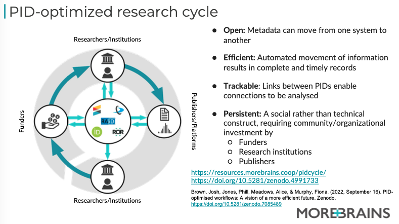
John Chodacki (Director, University of California Curation Center) explained how his work with Todd Carpenter (NISO), Research Data Alliance (RDA), and the Open Research Funders Group (ORFG) are addressing the following needs:
- Define desirable characteristics for PID systems so all stakeholders can build a common understanding of goals and motivations
- Develop recommendations for a formal US National PID Strategy that moves US communities forward collectively
- Ensure legacy and non-interoperable identifier systems adopt robust PID architectures to ensure long-term discoverability & interoperability of research
The draft recommendations have been circulated. A link to these is provided below. Utilizing an established RDA framework for how to build a national PID strategy, the group identified stakeholders, barriers and benefits, and outlined new opportunities and ways for moving beyond legacy and non-interoperable systems.
The goal of the project is to develop recommendations for a formal US National PID Strategy. The next steps are to continue to circulate the recommendations, discussions with key groups. The presenters have submitted an application to start a NISO Working Group to further this work and finalize it as a formal output.
Links from this presentation can be found below:
- Developing a US National PID Strategy: https://doi.org/10.5281/zenodo.10811008
- Desirable Characteristics of Persistent Identifiers: https://doi.org/10.54900/c3hdq-0ev76
- A Roadmap for Developing a US National PID Strategy: https://scholarlykitchen.sspnet.org/2024/03/21/a-roadmap-for-developing-a-us-national-pid-strategy/
- Community discussion at PID Forum: https://pidforum.org/t/developing-a-us-national-pid-strategy-report
- RDA National PID Strategies Guide and Checklist: https://www.rd-alliance.org/group_output/rda-national-pid-strategies-guide-and-checklist/
Carly Robinson (Assistant Director for Information Products and Services, OSTI, U.S. Department of Energy) noted federal agencies want to ensure PIDs are implemented in a way that is meaningful and are taking steps to ensure policies and guidance support this endeavor.
In January 2022, the new administration worked with federal agencies to develop the NSPM-33 Implementation Guidance and expectations, which includes a PIDs definition of: A digital identifier that is globally unique, persistent, machine resolvable and processable, and has an associated metadata schema. 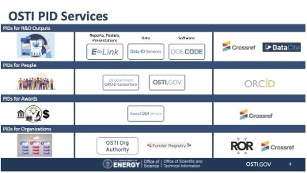
In addition, agencies, led by NSF and NIH collaborated to develop common disclosure forms that provide a biographical sketch, and current and pending (other) support information, when applicants apply for federal research funding. The 2022 OSTP Public Access Memo also includes expectations for agencies to implement PIDs for research outputs, researchers, organizations, and awards. Carly then went on to highlight the various OSTI PID Services and how the DOE teams are making connections with PIDs in R&D output metadata.
Scott Dineen (Senior Director of Production and Technology, Optica Publishing Group) provided his views on linking PIDs from a publisher perspective and said “Publishers depend on PIDs more than ever, not only to produce and publish articles but also to identify obligations the publisher has toward funders, entitlements it must provide to authors, and other important transactions. Most publishers rely solely on the author to provide metadata and PIDs at manuscript submission and then spend considerable effort to take what can be deficient, cryptic, and inaccurate information and improve the metadata and associated PIDs.” Sometimes, author supplied metadata can be deficient or simply incorrect. This leads to new worries about the misuse of Read and Publish entitlements coupled with risks from phony data via AI engines and papermills, publishers are more concerned than ever about deliberate misrepresentation.
Scott also provided an example of when a third party asserts PIDs that were not in the original VoR on the VoR platform. For example, PubMed Central may identify related funding for a paper that the publisher didn’t know about which in turn creates an obligation for the publisher they were unaware of. This “additional” PID metadata is added to a third-party database and may not be funneled back to the VoR landing page. Other examples of this are when Crossref asserts a Funder ID that the publisher did not provide or have. On sites like ResearchGate, where Optica now has 12 journals, ResearchGate may know more than the publisher about both the affiliations of the authors and also the institutions associated with IP addresses, and this extra information can provide opportunities but also gaps and chances for disagreement. Scott thinks we should explore ways in which the VoR record can reflect all the verified additions to PIDs and related metadata. He added that Crossref may potentially have a role to play here. Scott emphasized that we need to ensure adoption of more rigorous and transparent conventions for PIDs.
Amanda French (Technical Community Manager, Research Organization Registry (ROR)) presented an overview of what ROR and Crossref are currently doing on the initiative to transition funder identification from the Crossref Open Funder Registry to ROR:
- Reconciling the Funder Registry with ROR so that records and information from the Funder Registry are also in ROR
- Working with funders, especially large national agencies, to ensure their hierarchies are correct and complete in ROR
- Facilitating interviews with users of the Funder Registry to better understand their needs and concerns
- Adding funder as an organization type in ROR (done!)
- Collaborating with Crossref on matching strategies
- Publishing help documentation about the transition at https://ror.readme.io/docs/funder-registry
Amanda mentioned that there are a number of organizations / systems already using ROR to identify funders, including ORCID, Zenodo, Dryad, and CHORUS.
The Q&A session had discussions around the following questions and more.
- Through the lens of these characteristics and what defines good PID infrastructure, do you see a distinction between legacy identifiers and current best practice? Do you have a better understanding of what PID communities should be aiming for?
- How can the metadata being curated and enhanced by other organizations make its way to the PID owners to be captured within the metadata?
- Should we expand who participates in contributing PIDs to journal submissions?
- How can journal article Versions of Record (VoRs) better reflect trusted PIDs added by third parties?
- What is your primary concern about the transition from the Open Funder Registry to ROR? What opportunities does it open up for you?
CHORUS thanks the sponsors of this event for the continued support of CHORUS and our community.
